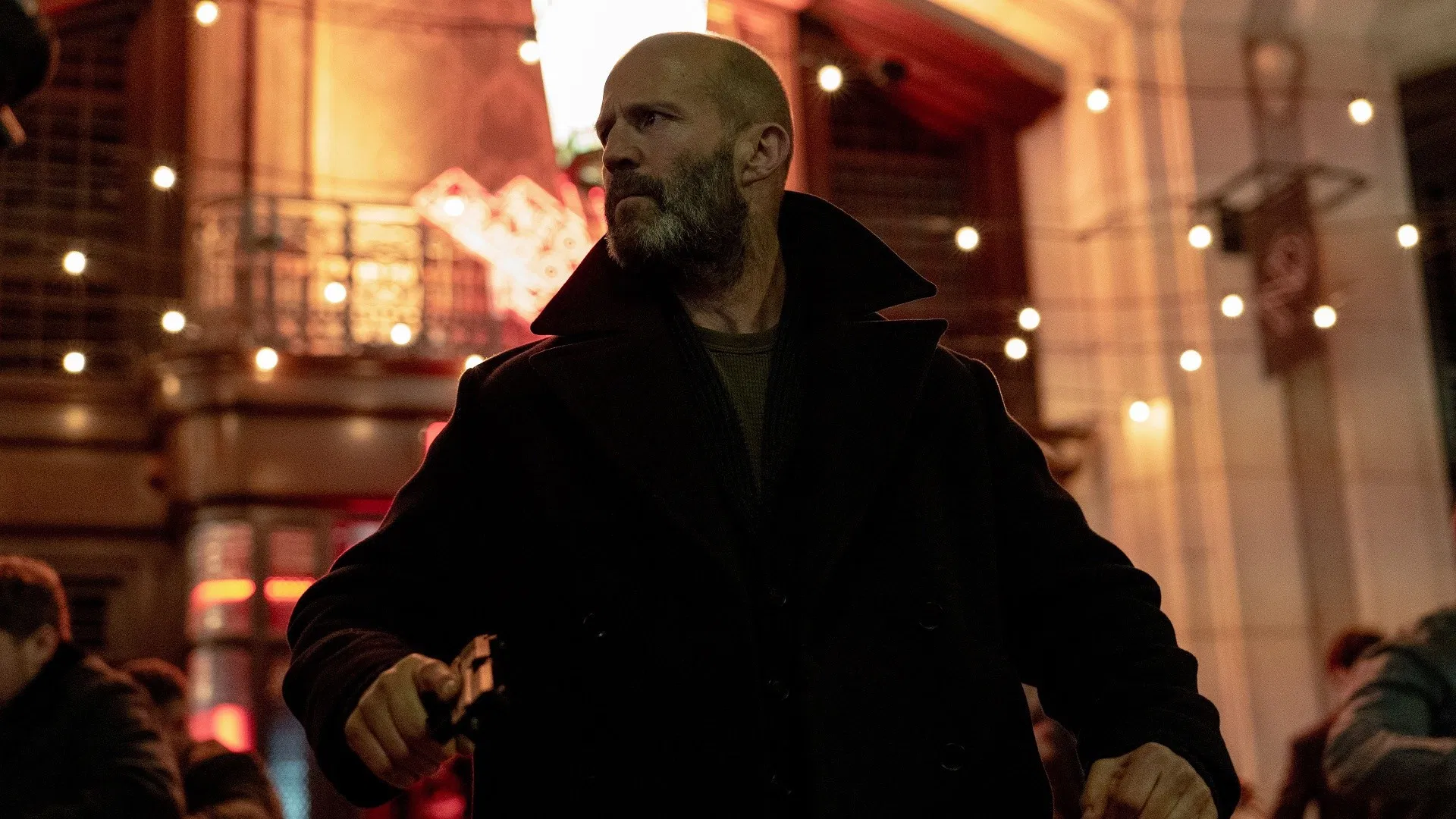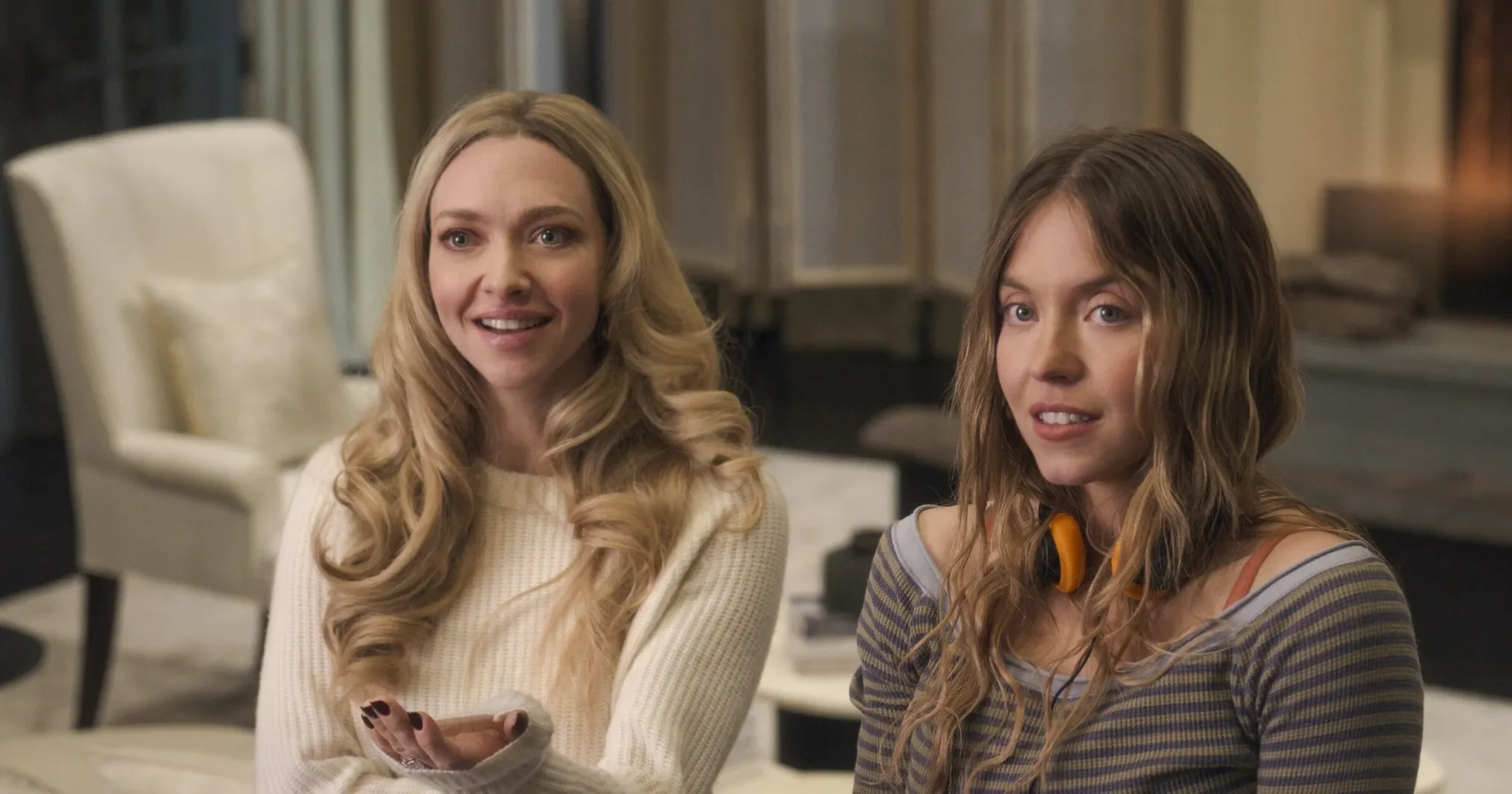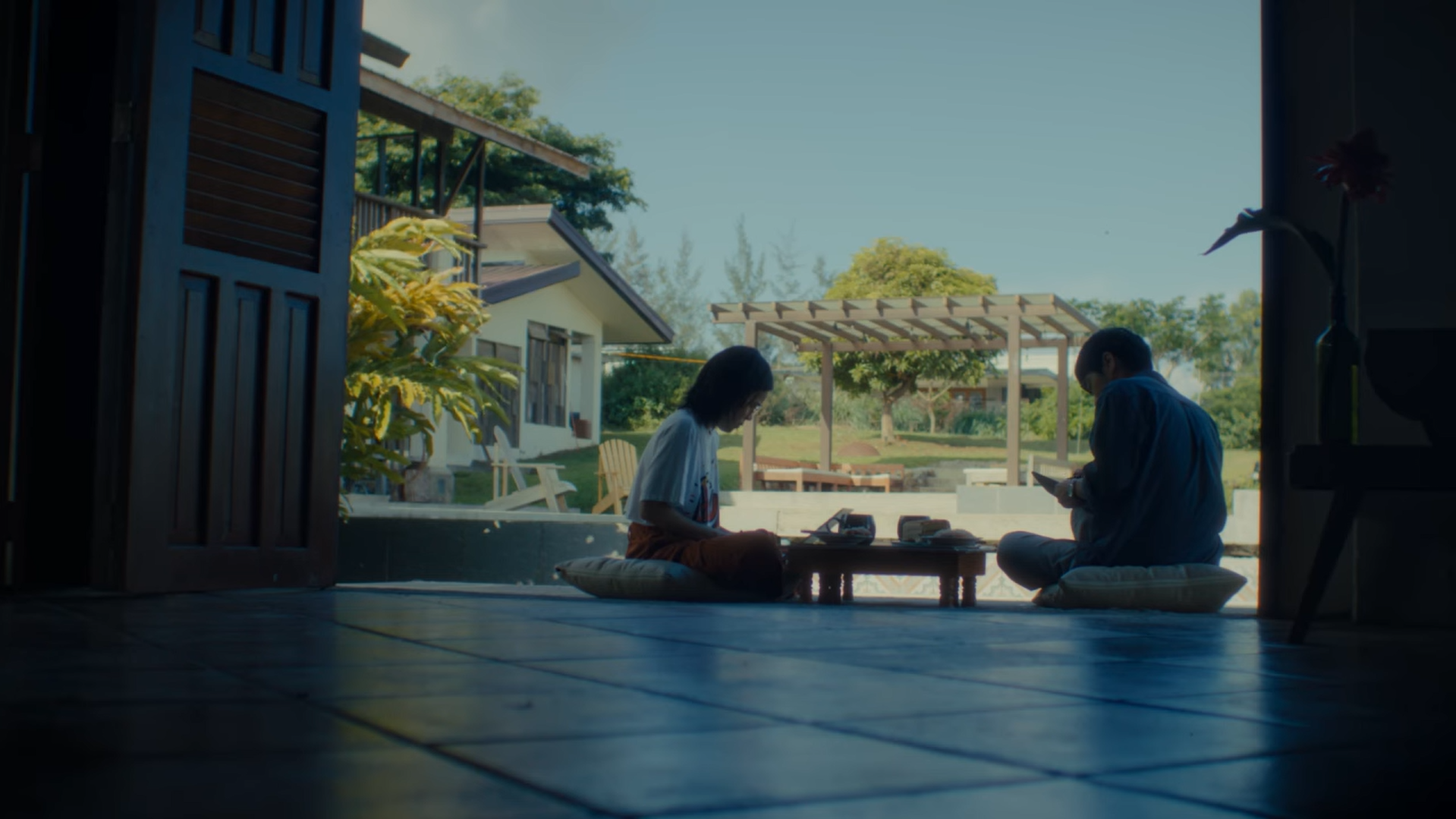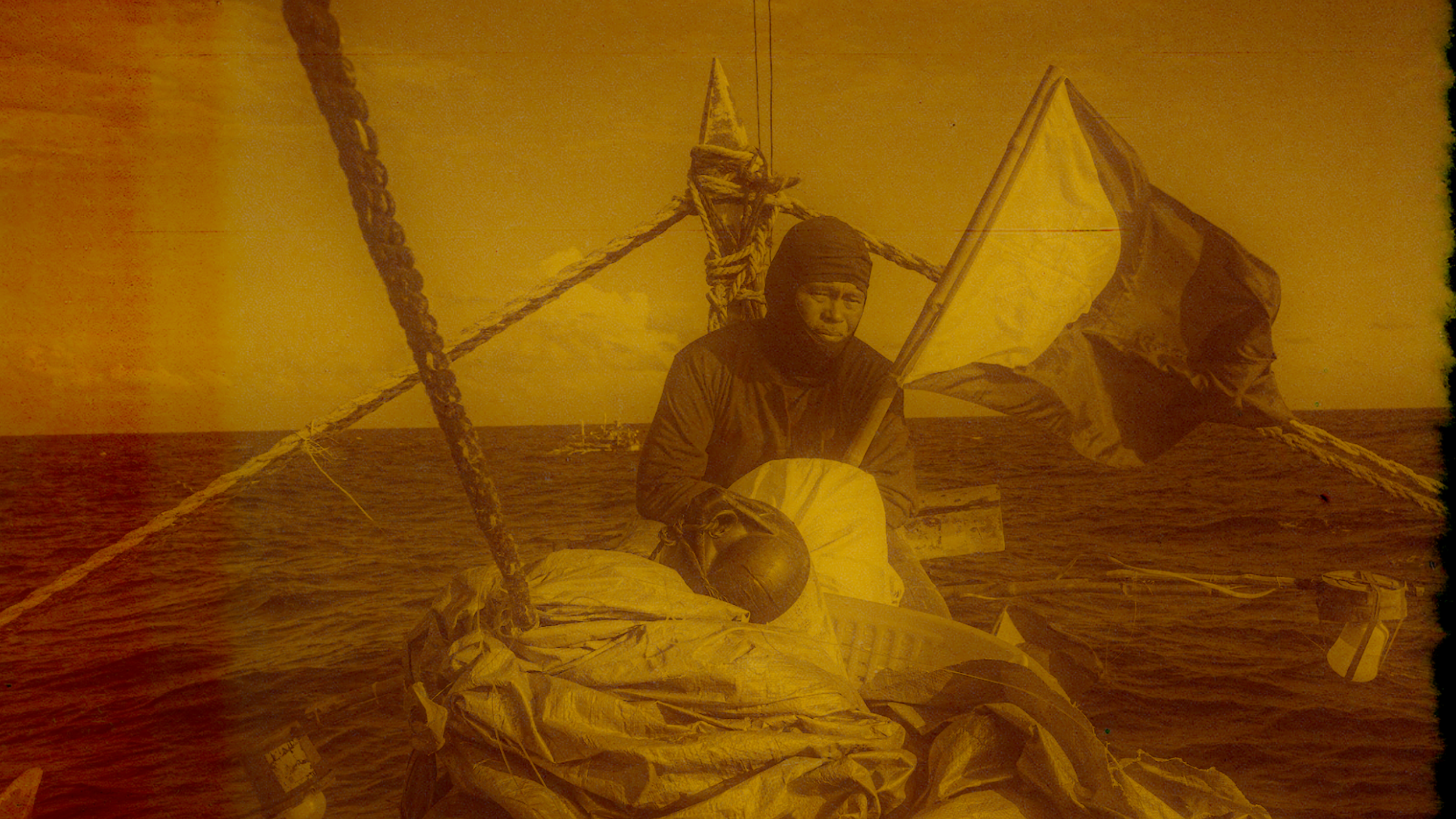‘The Life of Chuck’ REVIEW: Goodbye to a World
‘The Life of Chuck’ REVIEW: Goodbye to a World
Charles “Chuck” Krantz (Tom Hiddleston) and Janice Halliday (Annalise Basso) dancing as a crowd watches them in The Life of Chuck | Still courtesy of NEON
What would happen if the world we knew is no more?
It is an overwhelming thing to completely fathom in its singular finality. There's nothing to expect anymore to come after, only the hard wait for the very second when the eternal dark swallows us all. It's a tantalizing thought experiment to consider what we would think or feel when that moment comes: is it regret, peace, elation, all of them, or something else?
As The Life of Chuck posits in its existential wholeheartedness, universes are bound to end somehow, leaving us to wonder what has led to them. Mike Flanagan, one of the recent go-to directors in adapting the work of popular novelist Stephen King, adapts the latter's work with his now-staple writerly actor-driven density and emotional sharpness. He might not work under the register of horror this time around, but in how Flanagan maneuvers the progression of weeks, years, and decades while inhabiting a warm, bittersweet outlook, ‘Chuck’ is bound to haunt you beneath its compassion.
The film unfurls its premise in a fascinating way, where the point of the film doesn't kick in until later on, rather focusing on an intriguing mystery wherein Marty, a high school teacher (Chiwetel Ejiofor) grapples with the gradual disintegration of everything around him, while questioning the sudden appearances of the image of one Charles Krantz (Tom Hiddleston) everywhere he goes.
On its own, the first third of the movie is already both a quick hook and an elegiac tone-setter as he (and we, the audience) try to make sense of the whys of the situation and let the crushing feeling of dread settle. The rest of the film would soon follow suit in that tone, fully contextualizing and fleshing out the question of who Charles Krantz is as the universe collapses in of itself.
Sarah (Mia Sara) and Albie Krantz (Mark Hamill), watching over their grandson, Chuck (Cody Flanagan) | Still courtesy of NEON
The foundation of what makes The Life of Chuck work the way it does is how it frames and structures its small yet impactful moments into something greater in ways both immediate and deceptively layered. While the film plumbs its achronological depths, it unveils wholesome, impactful screenshots of Krantz' life at certain points and how it intersects with his family and the people he meets.
These are rather straightforward vignettes in isolation, delivered with equal parts humor and life-affirming sentiment, but what surrounds them is what gives it power, making them feel less like stories and more variables towards a set conclusion. As the small details begin to pile up onto each other and the true scope of the story is unveiled, I couldn’t help but feel as if Flanagan has done sort of a nifty magic trick in further blurring these fuzzy snippets into something more tragic in a way that sneaks up on you.
With its inner workings in mind, it’s still important to remember that The Life of Chuck does not skimp on more transparent pleasures in its presentation. Its destination in the macro aside, there’s a certain down-to-earth honesty and whimsiness in the scene-by-scene flow, owing more to its literary origins in transparent fashion (a standout choice being Nick Offerman’s enthusiastic narration). Moments that serve as fun diversions and impactful events are balanced well without strong whiplash and pace interruption.
The film does fall victim to the heftiness of what it wants to present in the method it does, often resorting to ‘tell, not show’ its themes in ways that might feel a bit too blunt even for some people who could be accepting of that method. Of course, it’s a byproduct of Flanagan’s now-signature penchant for emotional monologues especially common in his past works, which in of itself could be an inherent dealbreaker in a cinematic medium. This wordy approach still works though, as the very apparent straightforwardness gets worked into the reverse-engineering of the film’s completion of its bittersweet puzzle, hammering the point home that whatever we should take away from a specific scene might ultimately go down a more complicated path.
‘Chuck’s’ modest, yet somewhat showy ambitions also show up in its technical packaging; Flanagan’s direction is graceful if a bit straightforward at first glance with its warm focused use of lighting and capturing of a location’s scope. Once in a while he also deploys a crushing use of silence here, a cathartic embodying of rhythmic movement there, and some dramatic, surrealistic imagery (which is more apparent in the first act). Through each of these modes, it is always vivid in its passionate transparency of warmth.
This is further embodied by the consistently strong performances Flanagan gets out of his whole cast, as everyone gives fantastic eagerness and execution of the tone and dialogue of his script (even down to the cast members who only get one scene to shine, which speaks to the strength of his direction).
Marty Anderson (Chiwetel Ejiofor) and Felicia Gordon (Karen Gillan) share a moment in the midst of a cataclysmic event | Still courtesy of NEON
The Life of Chuck is an emotionally fraught one, heading towards a seemingly devastating direction in which it is inescapable. In spite of that, its good-spirited empathy and crowd-pleasing tendencies that belies its more sharp complications is a balance it walks well towards a central message: wonder and happiness will always be within our reach. It works well on numerous registers even with its sledgehammer subtlety, and is another example of how King and Flanagan’s sensibilities work well with each other.
Truly, a heartful dance at the end of the world.
The Life of Chuck is now showing exclusively in Ayala Cinemas through Pioneer Films.
















